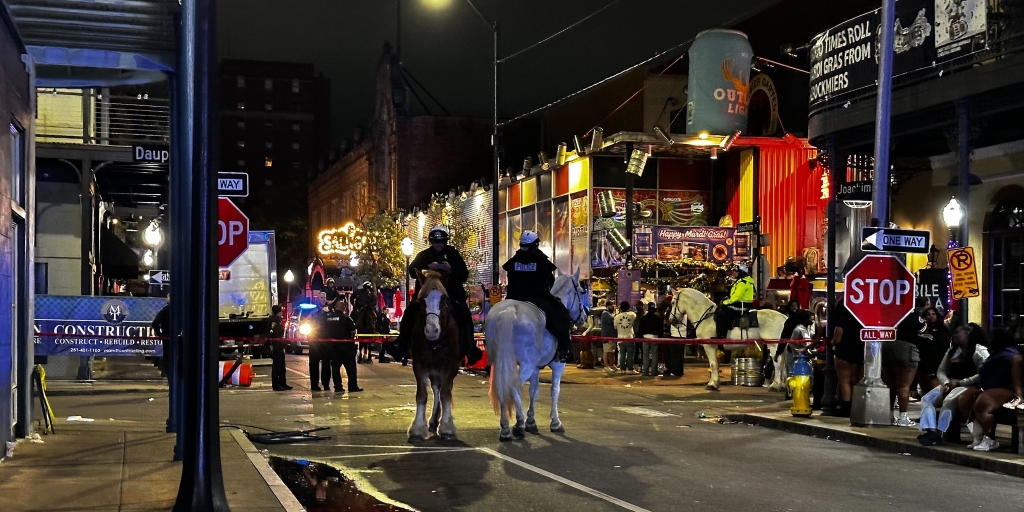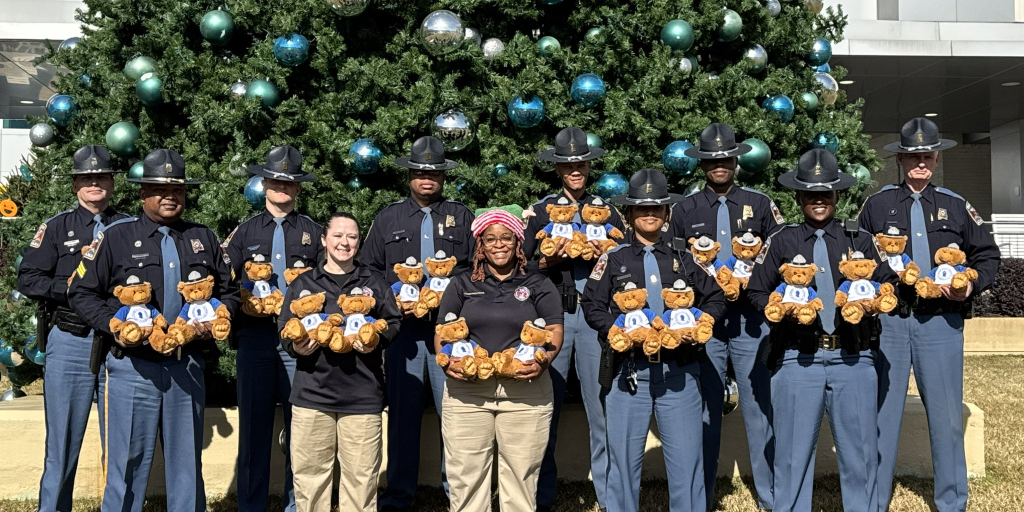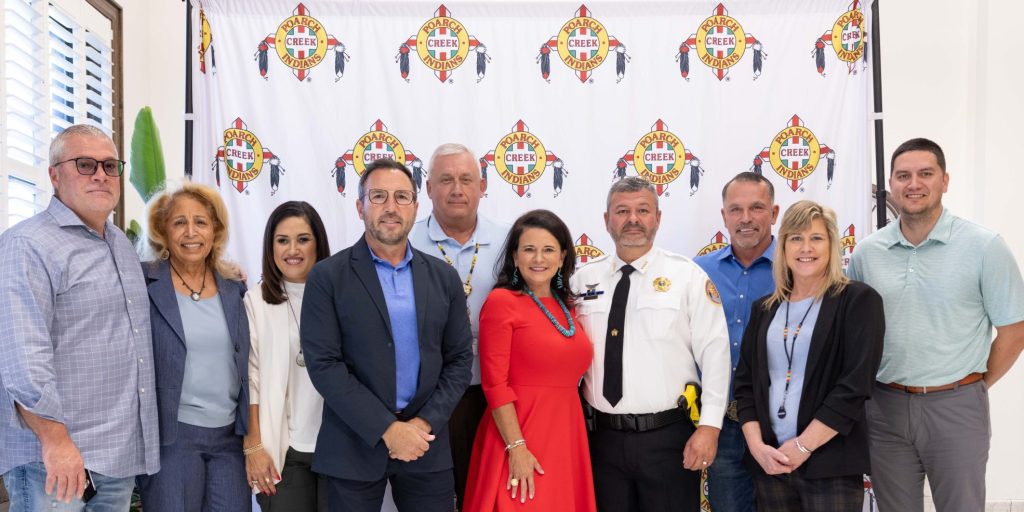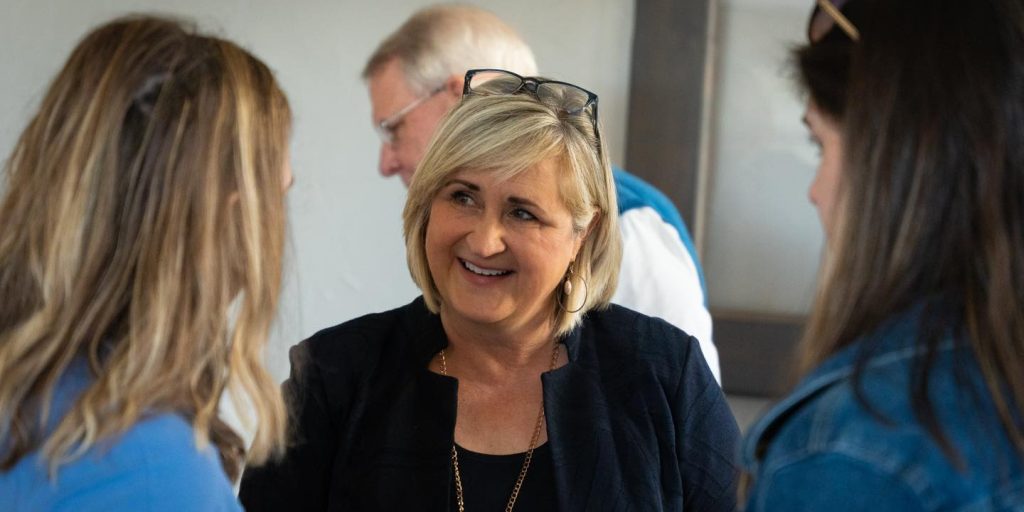The Poarch Band of Creek Indians, like many other Native American Tribes, have fought hard to preserve their heritage and traditions. They have lived in and around the reservation in Poarch, Alabama for nearly 200 years, and are currently the only federally-recognized Native American Tribe in the state.
Tribal Council Member Sandy Hollinger is ensuring the Tribe’s continued legacy with her selfless leadership and dedication to her fellow Tribe members.
“All my life I’ve been a resident of the Poarch community,” Hollinger reflects. “It’s a community of love. We didn’t have a lot as a small rural community, but we shared the same common goals— that of unity and love.”
Hollinger was first elected as a Tribal Council Member in 2011, and since then has served the members of the Poarch Band of Creek Indians, as well as the Creek Nation as a whole.
The Tribal Council Members work to promote the Tribe’s culture and beliefs and work tirelessly to secure the health, education, and well-being of all Tribal Members.
“No day is ever the same,” explains Hollinger, when asked about her day-to-day work. “From little problems to major problems, I put my whole heart into trying to resolve issues and propose benefits for our Tribal people. I’m on the phone just about any hour of the day, helping in any way I can.”
Her selfless service and dedication to her community members is clearly evident in both her past and current work with the Tribe.
Hollinger previously served as the Community Services Specialist in the Family Services Department, where she assisted low-income families as well as families in crisis situations. Her goal is not only to meet the needs of individuals— it is to know them personally and extend her genuine empathy and compassion.
She also seeks to continue the centuries-old legacy of the Poarch Creeks— a legacy that was in part cemented by her own family, her uncle and Tribal Chief Calvin McGhee.
“He paved the way to get us where we are,” says Hollinger, reflecting on the work of Chief McGhee, who repeatedly traveled to Washington D.C. to advocate for his people and earn recognition for the Tribe. But getting there wasn’t easy— and it would take the help of the entire community.
Hollinger remembers her mother’s stories of the fundraising to get him there.
“It was hard financially in those days. We would fry chicken in a big cast-iron washpot to raise the gas money to get him to Washington. Everyone would work together— the men would fry the chicken, the women would make the side dishes, and we raised the money. We are currently reaping the benefits of that effort.”
Through the community’s collective efforts to fund his trips to Washington, the Tribe gained federal recognition in 1984, and to this day, the Poarch Creeks remain the only federally-recognized tribe in Alabama. But for Hollinger, the word “community” extends beyond Poarch, and beyond the Creek Nation.
“We’re passionate about helping our fellow Native Americans, but in my heart I long to help all people— not just tribal people. We have been blessed, and so we like to bless others.”
Hollinger views her work as something deeper than herself, as she considers herself to be a strong woman of faith and is passionately involved in her church. Her faith has bolstered her in times of immense grief, as she lost her youngest son Denver to cancer in 2018.
But her grief has not stopped her from serving others. She remains committed to the work of her Tribe as well as the work of St. Jude, who treated her son, and continues to help with fundraisers and families who are facing similar situations.
“Life is short,” she reflects. “I saw that with my son. I had a heart for others before that but now, my heart longs to help others in any way I can. In a way, that helps my grief process.”














